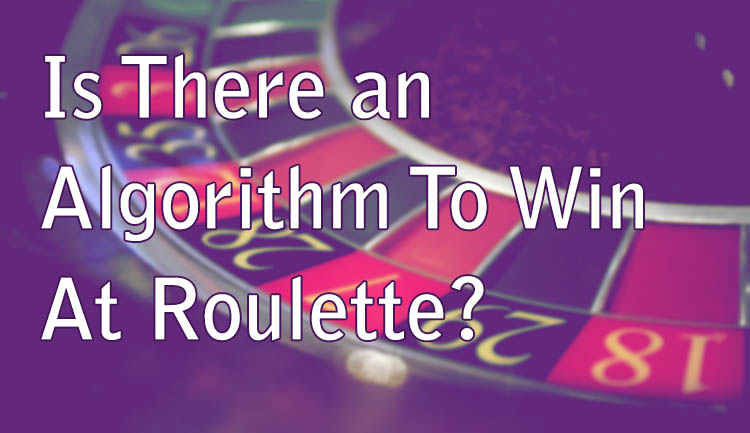
Are you tired of losing at roulette and searching for a secret algorithm or formula that will give you an edge over the house?
Look no further! In this post, we'll explore the question of whether there is an algorithm to win at roulette. We'll dive into the game's mechanics, examine popular betting systems, and dispel the myth of ways to beat roulette.
So, if you're ready to learn more about roulette, keep reading!
Is There a Formula You Can Use To Predict Roulette?
First, you must understand that roulette is a game of chance. The outcome of each spin is determined by a random number generator (RNG), which ensures that each spin is completely random and independent of all previous spins.
That means there is no way to predict with certainty where the ball will land on any given spin. So, can you use a formula or algorithm to increase your chances of winning at roulette?
The short answer is no. No formula or algorithm can predict the outcome of a spin. However, there are a few betting strategies that you could use to try to mitigate losses or at least add some structure to your bets, such as the Martingale system, which involves doubling your bet after each loss, or the Fibonacci system, which involves betting according to a specific sequence of numbers.
While these systems may help you with structuring your game, they do not change your chances of winning and can still result in losses. Additionally, many casinos have implemented rules that limit the amount that can be bet, which can lower the effectiveness of these systems.
Does Roulette Have a Pattern?
Another question that many players ask is whether roulette has a pattern. Unfortunately, the answer to this question is also no. The RNG ensures that each spin is completely random and independent of all previous spins, so there is no pattern you can use to predict each spin's outcome.
So, where does this belief come from? Some players may believe that roulette has a pattern because they have observed specific numbers or colours coming up more often than others.
However, this is simply a result of the law of large numbers. With enough spins, you would expect certain numbers or colours to come up more often than others, but this does not mean that there is a pattern.
Can You Beat The Roulette Algorithm?
First, it's important to understand that roulette, like most casino games, is based on a random number generator (RNG). Each spin's outcome is determined by a computer program that generates millions of completely random number sequences every second, each of which corresponds to an outcome.
This ensures that each spin is completely independent of all previous spins and that the odds of any given number coming up are the same on every spin. This randomness is what makes roulette fair and unpredictable.
So, no matter what betting system or strategy you use, you cannot predict where the ball will land on any given spin. Some players may believe that certain numbers or colours may come up more often than others and that they can use this information to their advantage. These numbers are called hot numbers, but they do not guarantee a win. They are simply a result of chance.
There are also some players who believe that they can beat the roulette algorithm by using a betting system like the Martingale or Fibonacci system. These systems involve increasing your bet after a loss in an attempt to recoup your losses and ultimately come out ahead.
However, these systems do not affect the outcome or your chance of winning and can still result in losses. So, it's essential to remember that you should always be prepared to lose.
Conclusion
There is no formula or algorithm that can predict the outcome of each spin and no betting system or strategy that can increase your chances of a win. Gambling is a form of entertainment and should not be seen as a way to make money.
Therefore, it's crucial to gamble responsibly, set limits for yourself and never bet more than you can afford to lose.
